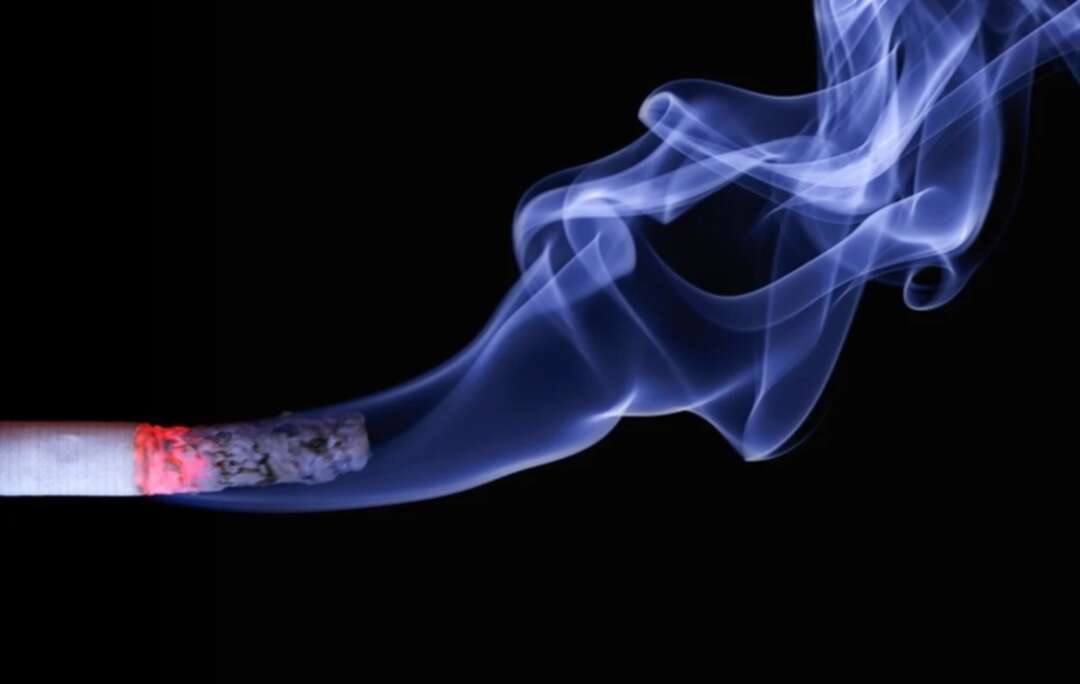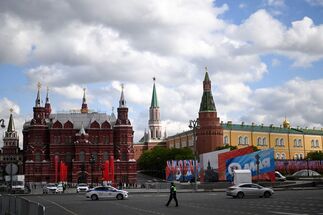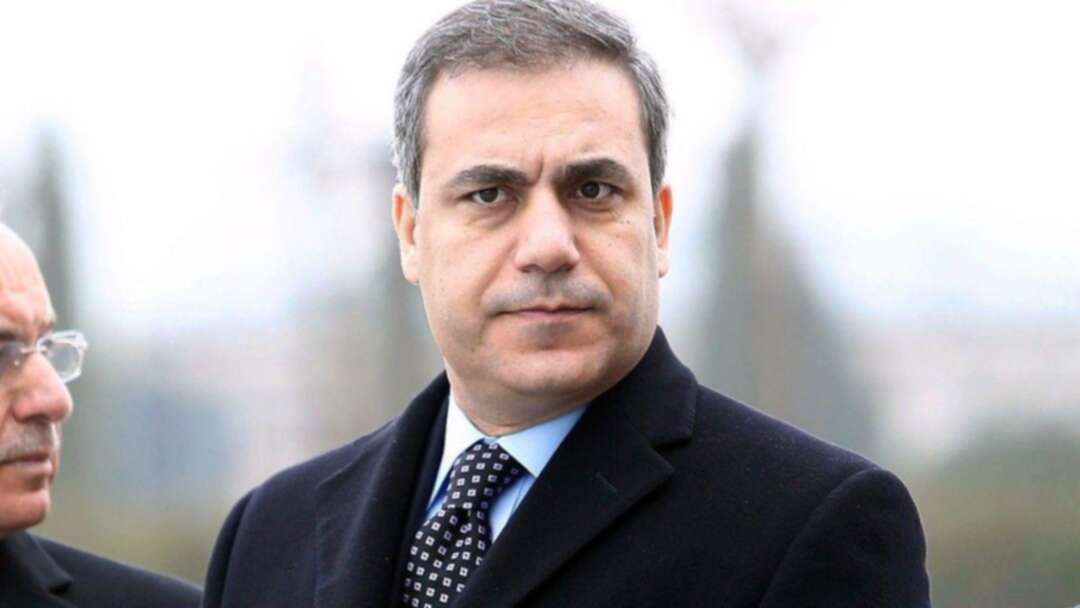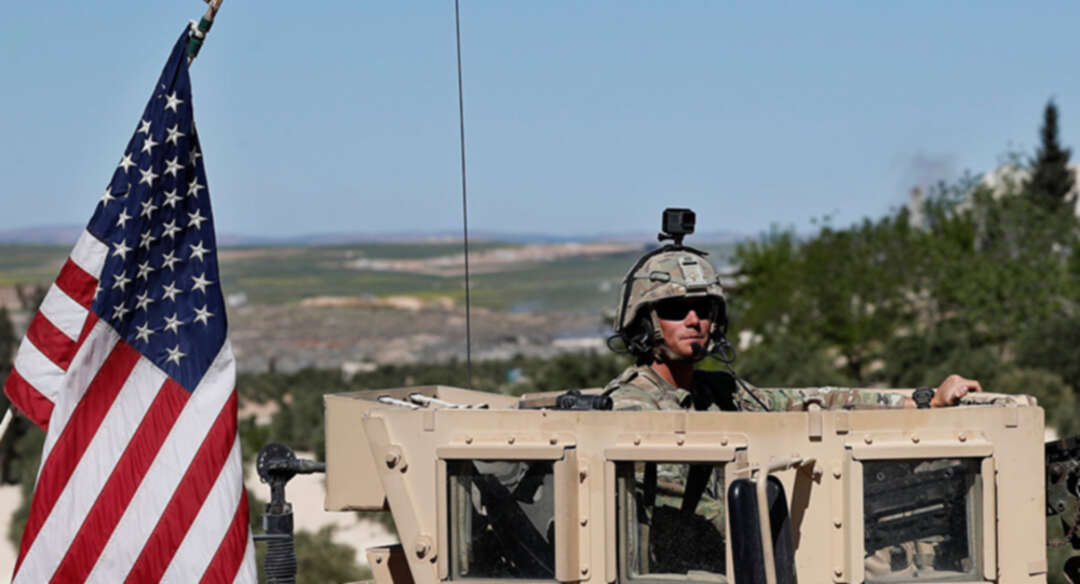-
New Zealand thinks it come up with plan to end smoking

The Associated Press reported, New Zealand’s government believes it has come up with a unique plan to end tobacco smoking — a lifetime ban for those aged 14 or younger.
Under a new law the government announced Thursday and plans to pass next year, the minimum age to buy cigarettes would keep rising year after year.
That means, in theory at least, 65 years after the law takes effect, shoppers could still buy cigarettes — but only if they could prove they were at least 80 years old.
In practice, officials hope smoking will fade away decades before then. Indeed, the plan sets a goal of having fewer than 5% of New Zealanders smoking by 2025.
 New Zealand-North island/Pixabay
New Zealand-North island/PixabayOther parts of the plan include allowing only the sale of tobacco products with very low nicotine levels and slashing the number of stores that can sell them. The changes would be brought in over time to help retailers adjust.
Read more: Boris Johnson’s wife, Carrie, given birth to a baby girl
Because the current minimum age to buy cigarettes in New Zealand is 18, the lifetime smoking ban for youth wouldn’t have an impact for a few years.
In an interview with The Associated Press, New Zealand’s Associate Health Minister Dr. Ayesha Verrall, who is spearheading the plan, said her work at a public hospital in Wellington involved telling several smokers they had developed cancer.
Verrall said: “You meet, every day, someone facing the misery caused by tobacco." ”The most horrible ways people die. Being short of breath, caused by tobacco.”
Smoking rates have steadily fallen in New Zealand for years, with only about 11% of adults now smoking and 9% smoking every day. The daily rate among Indigenous Maori remains much higher at 22%. Under the government’s plan, a taskforce would be created to help reduce smoking among Maori.
Source: AP
You May Also Like
Popular Posts
Caricature
BENEFIT Sponsors Gulf Uni...
- April 17, 2025
BENEFIT, the Kingdom’s innovator and leading company in Fintech and electronic financial transactions service, has announced its sponsorship of the “Innovation and Sustainable Technology Solutions Competition (GU - IST Solutions), hosted by Gulf University at its main campus.
This strategic sponsorship reflects BENEFIT’s active role in advancing technological innovation and fostering sustainable solutions to future challenges. It also seeks to empower Bahraini youth by enhancing their skills, capabilities, and competitiveness in innovation and solution development—contributing meaningfully to the broader goals of sustainable development across all sectors.
As part of BENEFIT’s active involvement in the competition, the company has announced that Hanan Abdulla Hasan, Senior Manager of Public Relations and Communication, will serve on the competition’s supervisory committee. Her upcoming participation reflects BENEFIT’s forward-looking commitment to championing academic and professional excellence.
Commenting on the occasion, Hanan Abdulla Hasan, Senior Manager of Public Relations and Communication at BENEFIT, said, “We are privileged to support this pioneering initiative, which aligns seamlessly with BENEFIT’s enduring commitment to fostering innovation and nurturing the potential of Bahrain’s youth. Our participation is rooted in a deep sense of social responsibility and a firm belief in the pivotal role of innovation in shaping a sustainable future. Through such platforms, we seek to empower the next generation with the knowledge, skills, and foresight required to develop impactful solutions that address future challenges, in line with the United Nations Sustainable Development Goals 2030.”
Dr. Aseel Al Ayash Dean of the College of Engineering in Gulf University commented, “We extend our sincere gratitude to BENEFIT for their generous sponsorship and support of the Innovation and Sustainable Technology Solutions Competition. This contribution plays an instrumental role in helping us achieve the strategic goals of this initiative, namely, cultivating a culture of innovation and sustainability, encouraging efforts that address the imperatives of sustainable development, and enhancing the practical and professional capabilities of our students and participants.”
The event will bring together a diverse spectrum of participants, including secondary school students, university undergraduates, engineers, industry professionals, entrepreneurs, academic researchers, and subject matter experts representing a wide range of disciplines.
The competition seeks to inspire participants to develop and present innovative, sustainable technologies aimed at addressing pressing environmental, social, and economic challenges. It encourages the formulation of business models that integrate advanced technological solutions with core principles of sustainability. Moreover, it serves as a platform for emerging leaders, entrepreneurs, and innovators to contribute to the advancement of the Sustainable Development Goals, promote the ethos of responsible technology, and demonstrate its transformative potential across various sectors.
Attendees will have the opportunity to view a series of project presentations submitted by participants, covering diverse areas such as eco-friendly product design, smart and sustainable innovations, renewable energy technologies, water conservation and management, waste minimisation and recycling, green architectural solutions, and sustainable transportation systems. Outstanding projects will be formally recognised and awarded at the conclusion of the event.
opinion
Report
ads
Newsletter
Subscribe to our mailing list to get the new updates!






















